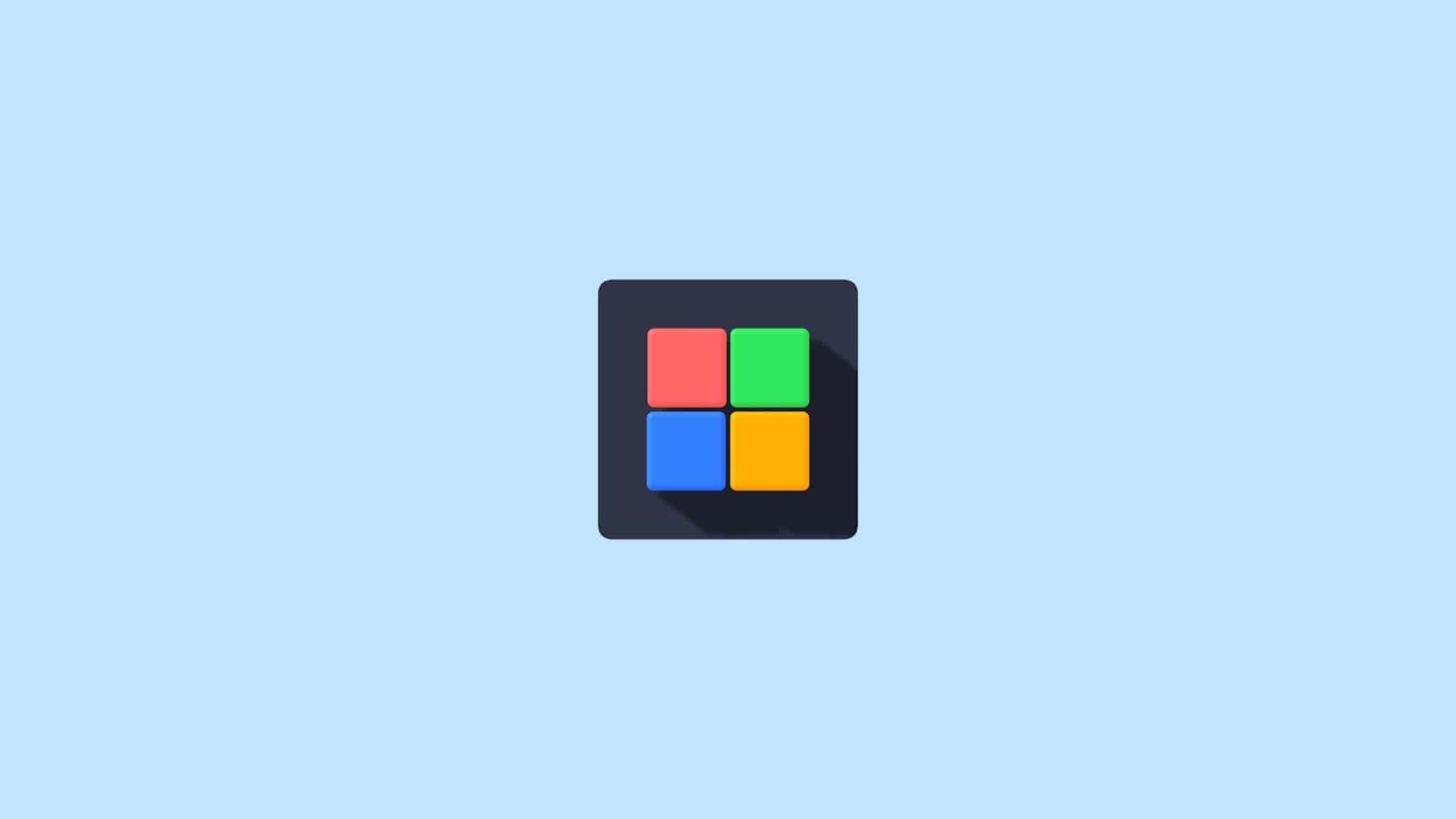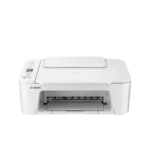Microsoft Windows has long been the leader in desktop operating systems. But that doesn’t mean it’s right for everyone. Many other great operating systems offer features and benefits that Windows doesn’t have.
Finding the Right OS for You
Linux
Linux is the most popular Windows alternative. It’s open-source, meaning the code is freely available for anyone to edit and redistribute. This also means it’s usually free. Linux is a whole family of operating systems called distributions – or “distros” for short. Some popular options are:
- Ubuntu: A beginner-friendly distro. It’s easy to use and well-supported by the community.
- Fedora: Uses the latest technologies, good for users who want a cutting-edge experience.
- Debian: Focused on stability and rock-solid reliability, great for servers and dependable workstations.
macOS
macOS is Apple’s operating system designed to run on their computers. It’s known for its sleek design, focus on ease of use, and excellent integration with Apple devices and software. macOS is a good choice for users who:
- Already own other Apple devices
- Value a clean, intuitive interface
- Are willing to pay a premium for hardware and software
Chrome OS
Chrome OS is found on Google’s Chromebooks. If you do most of your computing in a web browser, then Chrome OS is a great option. It’s a very secure operating system, but it has limited features compared to Windows and macOS. If you do most of your computing in a web browser, a Chromebook with Chrome OS might be all you really need and can be very affordable.
Other Options
There are many other OSes available. Here are a couple of interesting, lesser-known choices.
| OS | Description |
|---|---|
| Haiku | A lightweight, blazing fast OS inspired by the now-defunct BeOS. |
| ReactOS | A Windows clone, aiming for full compatibility with Windows apps. |
Which One Should You Choose?
Consider your needs and priorities:
- Cost: Do you need a free OS?
- Ease of Use: How important is a user-friendly interface?
- Hardware: Do you need an OS for specific hardware (like older Macs)?
- Software : Are there specific programs you need?
There’s no right or wrong answer. The best way to find your favorite OS is to research and try them out.
Understanding Windows Alternatives
When exploring the landscape of operating systems, Microsoft Windows has long been a heavyweight. However, users often seek alternatives for reasons such as cost, preference, or specific computing needs. Notably, Linux and macOS are two principal alternatives to Windows. They provide distinct experiences and benefits which may appeal to different users.
Linux stands out with its open-source nature, allowing for adjustments and distribution without licensing fees. It’s secure, stable, and comes in various Linux distributions to cater to different preferences. For those seeking a free operating system with fewer privacy concerns, Linux is well-regarded. It’s often chosen for its performance on both contemporary and older hardware, making it a lightweight choice.
macOS, on the other hand, is exclusive to Apple’s range of computers and brings a different ecosystem. While not free, macOS is known for its sleek design, integrated user experience, and robust security. It balances privacy and performance, providing a reliable but more closed environment than Linux.
Here’s a quick rundown of alternative highlights:
- Linux: Open source, free, customizable, varied distributions
- macOS: Seamless integration, visually appealing, not free, Apple-exclusive
It’s worth noting that Windows 7 and Windows 10 are reaching the end of their mainstream support, and users might look for alternatives as they’re ushered towards Windows 11 or beyond. As older versions lose extended support, users may consider switching rather than upgrading to avoid discontinued support down the line. Whether it’s due to cost, privacy, stability, or just trying something new, there’s a range of options outside the confines of Windows.
Exploring Popular Linux Distributions
Linux offers a plethora of distributions (distros) catering to different needs. These distros share the Linux kernel, the core that manages the system’s resources, but they differ in their presentation and additional features. Distros can be highly customizable, privacy-focused, and often, they’re free and open-source.
- Ubuntu: Known for its ease of use and compatibility, Ubuntu comes with the GNOME desktop environment. It’s one of the most popular distros for those transitioning from Windows due to its user-friendly nature.
- Fedora: This distro is well-regarded for its up-to-date features and a stable experience. Fedora often introduces cutting-edge technology, including new software and support for newer hardware.
- Arch Linux: Targeting seasoned users, this rolling release distro is all about customization. Users build their own system starting from a minimal base. It uses the pacman package manager and is noted for its detailed wiki.
In the arena of desktop environments, besides GNOME, KDE is another favorite for its highly configurable interface. XFCE is also an option for those seeking to keep their system light and efficient.
One must not discount:
- Linux Mint: A derivative of Ubuntu, it’s known for being extremely approachable for beginners and is available with different desktop environments including Cinnamon, MATE, and XFCE.
- Manjaro Linux: Based on Arch Linux, Manjaro smoothens out Arch’s complexity with a more user-friendly approach while maintaining a rolling release model.
Linux distros stand out for the degree of control they offer over privacy and system configuration, and their communities actively support users. Transitioning from another OS to Linux is made easier by the distros’ common commitment to offering a familiar environment that is both powerful and respectful of the user’s choice.
Alternative Operating Systems and Technology
Exploring options beyond mainstream operating systems can unveil a world of diversity and specialized functionality. These alternatives cater to varied user needs and preferences, from staunch privacy advocates to those seeking legacy software support.
Non-Linux Operating Systems
FreeDOS: An open-source DOS-compatible operating system, FreeDOS is ideal for running legacy software without the need for a Windows license. It works offline and is highly portable, making it suitable for older hardware and classic games that don’t require complex graphical interfaces.
Haiku: Modeled after the BeOS, Haiku is a fast, simple-to-use, ad-free desktop operating system. With its focus on personal computing, Haiku is designed for everyday users and offers a clean graphical interface with support for themes and dark mode.
ReactOS: This OS aims to be compatible with Windows at the binary level, allowing you to run many Windows applications and drivers. It’s still in development but holds promise for users who need Windows compatibility without the Microsoft ecosystem.
ArcaOS: Based on the OS/2 Warp 4 codebase, ArcaOS offers a unique environment with support for DOS and Win16 applications. It is suited for specialized industry applications that rely on older technologies.
OpenIndiana: Derived from the OpenSolaris project, this operating system is robust and enterprise-ready, offering a free Unix-like environment with familiar graphical interfaces and extensive support for scripting.
Alternative Software Solutions
LibreOffice: A powerful and free office suite, LibreOffice is compatible with a wide range of document formats including those used by Microsoft Office. It’s extensible with plugins and includes applications to tackle most productivity tasks.
Web Browsers: Chromium OS is the open-source foundation of Chrome OS, designed for web-based computing. It offers a lightweight, fast, and secure experience with support for the vast array of browser extensions found on Google’s Chrome web store.
Wine: Not an operating system but a compatibility layer, Wine allows you to run Windows applications on Unix-like operating systems. Whether you’re a gamer or need to use specific Windows-only applications, Wine can be a game-changer.
Specialized Use Cases and Considerations
Portability and Cloud Integration: Operating systems like Chromium OS are designed for portable, cloud-based work environments. They are perfect for users who prefer a lightweight system primarily for web browsing and cloud services, often found on Chromebooks.
Gaming: While Linux has made large strides, dedicated gaming is still an area where alternative operating systems might struggle. Special consideration should be given to compatibility with games and necessary drivers/codecs.
Privacy: Systems like FreeBSD offer strong security features, no tracking, and ad-free experiences, appealing to privacy-focused users. These operating systems allow users to maintain control over their digital footprint, offering peace of mind in an era of heightened privacy concerns.
Frequently Asked Questions
Choosing an alternative to Microsoft Windows brings up a lot of questions. Here are answers to some of the most common inquiries from users considering making a switch.
What are some free open-source operating systems that can replace Microsoft Windows?
Linux stands out as the premier free, open-source operating system that is capable of replacing Windows. Popular Linux distributions include Ubuntu, Fedora, and Mint, which are known for their stability and wide range of software options.
Which operating system is considered the best alternative to Windows for gaming?
Although traditionally Windows has been preferred for gaming, Linux has made significant strides in this area. With the support of platforms like Steam Proton, many games on Steam are now playable on Linux, making it a strong alternative for gamers.
What independent operating systems can serve as a replacement for Windows 10?
ReactOS is an independent operating system inspired by Windows that aims to be binary-compatible with Windows applications and drivers but is still in the development stage and not yet recommended for everyday use.
Is there a user-friendly Linux distribution recommended for users transitioning from Windows?
Ubuntu and Linux Mint are often suggested for new Linux users due to their user-friendly interfaces and similarity to the Windows layout, making the transition smoother.
What are some well-supported Windows OS alternatives with a large user community?
Ubuntu and Debian are two alternatives to Windows with strong support and large communities. They offer extensive forums and online resources to help users with troubleshooting and learning.
Are there any non-Linux operating systems that offer a comparable experience to Microsoft Windows?
While most Windows alternatives are Linux-based, macOS by Apple provides a polished user experience with a strong emphasis on security and privacy, though it is not open-source and requires Apple hardware.







